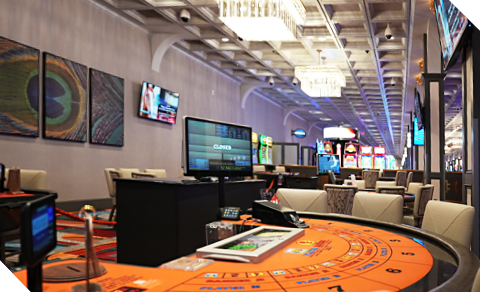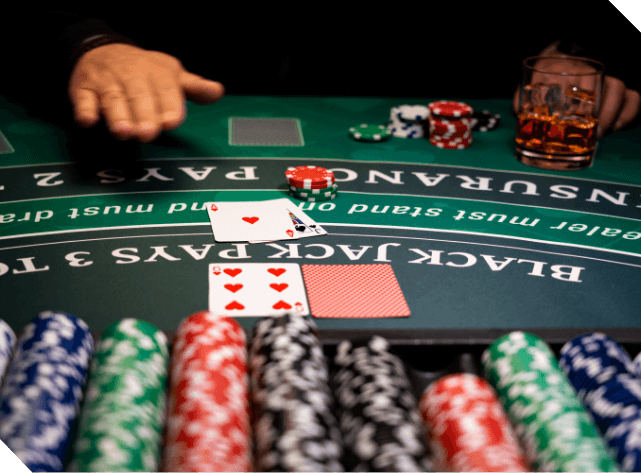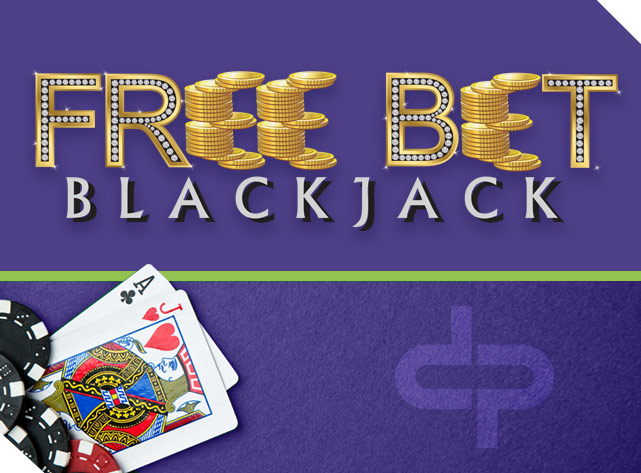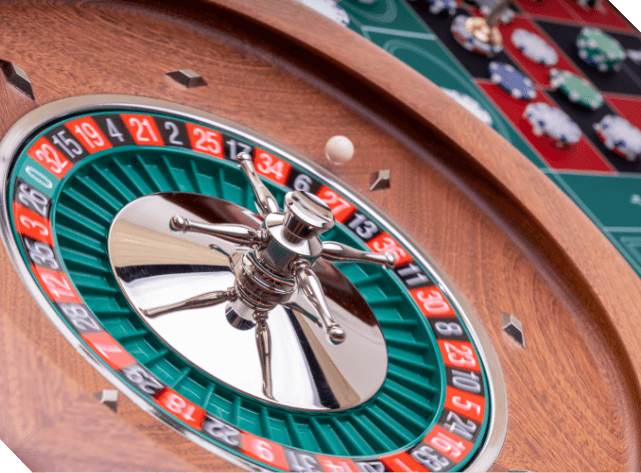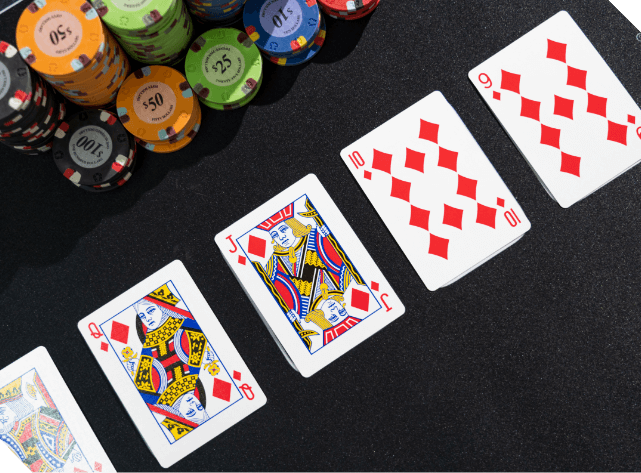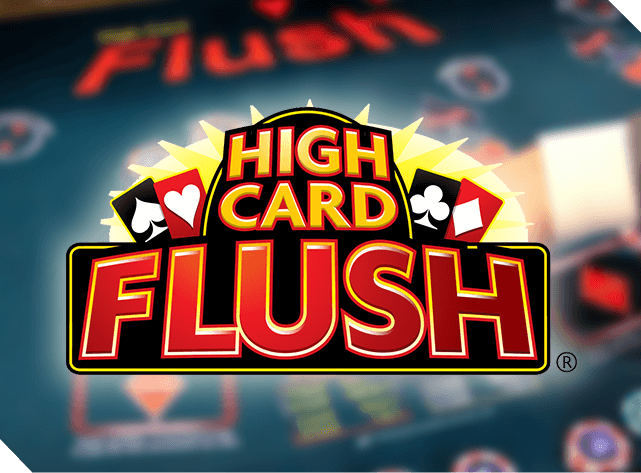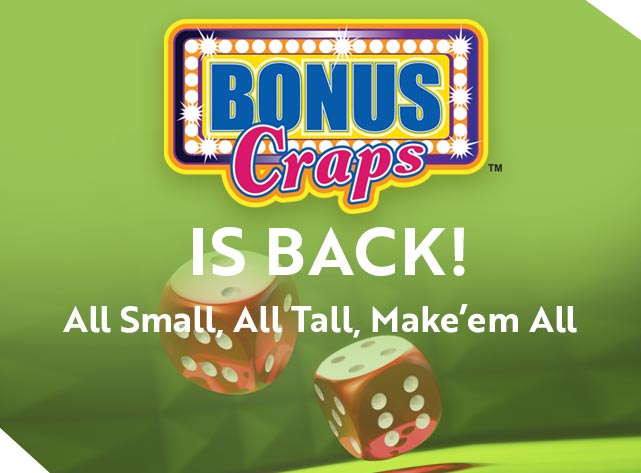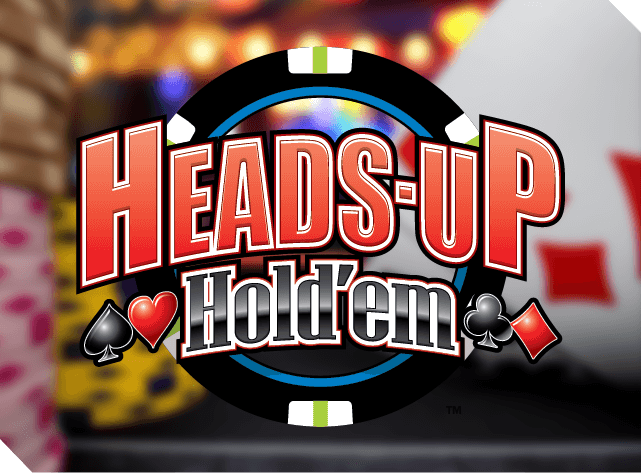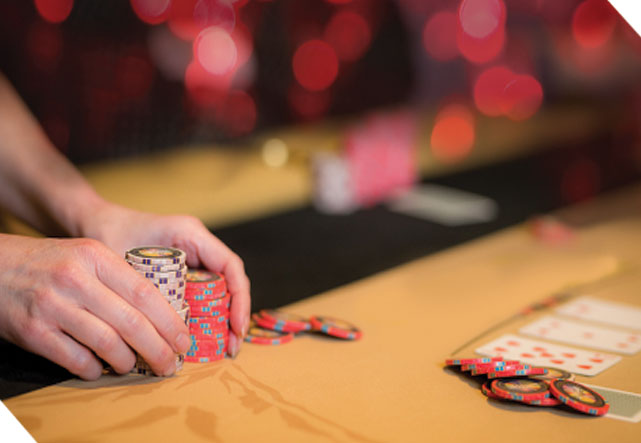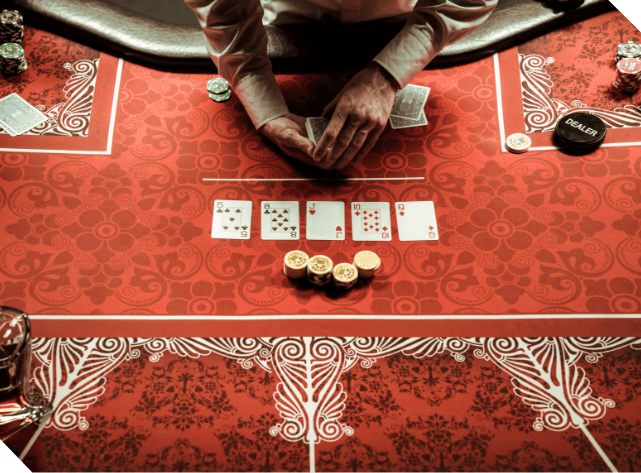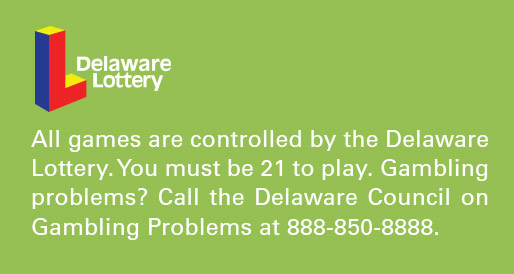Come Out Roll The first roll of the dice at the opening of the game and the next roll of the dice after a decision with respect to pass line bet and don’t pass bet.
Pass Line A pass line wager is placed immediately prior to the come out roll. You win on 7 and 11 and lose on 2, 3 or 12 on the come out roll. If any other number rolls, it’s your “point.” If your point rolls before 7, you win. After the come out roll, if 7 rolls before your point, you lose and the dice move to the next Player. Pass line bets cannot be placed, reduced or removed after the point is established. This bet pays even money.
Don’t Pass Line A bet on this line is placed before the come out roll, and plays the game in the reverse of the pass line. You lose on the 7 and 11 and win on 2 and 3 on the come out roll. When 12 is rolled, it is a “push.” When 4, 5, 6, 8, 9 or 10 rolls, it is the point. You are betting that 7 will be rolled before the point. This bet pays even money. Don’t pass line bets cannot be placed or increased, but may be removed or decreased, after a point is established. This bet pays even money.
Come You can bet on “come” at any time after the come out roll. You can try for a new point at any time. You win on 7 and 11 and lose on 2, 3 and 12 on the roll immediately following placement of the bet. If any other number rolls, it’s your “point.” If your point rolls before 7, you win. If 7 rolls before your point, you lose. A come bet cannot be reduced or removed after a number is established for such bet.
Don’t Come Line A bet on this plays the game in reverse of the come line. You lose on the 7 and 11 and win on 2 and 3 on the roll immediately following placement of the bet. When 12 is rolled, it is a push. When 4, 5, 6, 8, 9 or 10 rolls, it is your point. You are betting that 7 will be rolled before the point.
When a point is established, the bet will be placed behind that number. This bet pays even money. Don’t come bets cannot be placed or increased, but may be removed or decreased after a point is established. This bet pays even money.
Odds An additional wager in support of a pass line or come bet. Also, an additional wager in support of a don’t pass or don’t come bet. These wagers may be made anytime after the come out roll. Odds are listed in the payout chart. Come odds are inactive on the come out roll unless called “on” by the Player. Players may wager up to 5 times their flat bet on pass line and come bet odds.
Field You can bet on every roll of the dice. If 2, 3, 4, 9, 10, 11 or 12 rolls, you win. All the numbers pay even money except 2 and 12 which pay double. If 5, 6, 7 or 8 rolls, you lose. The field is a one roll bet.
Place Bets On a “place bet,” you can bet on 4, 5, 6, 8, 9, 10 at any time. If your number rolls before 7, you win according to the odds payout chart. If 7 rolls before your number, you lose. Place bets are inactive on the come out roll unless called “on” by the Player.
Buy Bets Buy Bets are exactly the same as “place bets” except by paying a 5% commission on the buy bet, you receive the true odds as shown on the chart. Buy bets are inactive on the come out roll unless called “on” by the Player. A “buy” button denotes this bet.
Lay Bets You may lay a bet against 4, 5, 6, 8, 9 or 10 at any time. In order to do so, you must pay a 5% commission based on what you would win. Check the chart for the payoffs. A “lay” button denotes this bet.
Proposition Bets These are one roll bets, except for “hard ways.” The Dealer will place all “proposition” bets on the next roll of the dice–again, except for hard ways. Unless you request otherwise, winning bets remain in action. A description of the proposition bets are as follows:
Any 7 You can bet “any 7” on any roll of the dice. When 7 rolls, you win and are paid 4 to 1, if any other number rolls, you lose. This is a one roll bet.
Any Craps You can bet on any roll of the dice. If 2, 3 or 12 rolls you win and are paid 7 to 1. If any other number is rolled, you lose. This is a one roll bet.
Hard Ways There are four “hard ways” combinations. Hard four (two 2’s), hard six (two 3’s), hard eight (two 4’s) and hard ten (two 5’s). You can bet the combination you want at any time. For instance, if you bet the hard six (two 3’s) you win when that rolls before 7 or an “easy six” (5 and 1 or 4 and 2). Hard ways pay high odds as listed in the payout chart. Hard ways are inactive on the come out roll unless called “on” by the Player.
The Horn (2, 3, 11, and 12) Here you bet on a combination of four numbers. If any of these numbers are rolled, you win. If any other number is rolled, you lose. One-fourth (1/4) of the horn bet is bet on each of the individual numbers, (2, 3, 11 and 12). If any other number is rolled, you lose. This is a one roll bet.
Horn High Bets There are four “horn high” combinations, horn high 2 (Aces), horn high 3 (Ace-Deuce), horn high 11 and horn high 12 (two 6’s). If 2, 3, 11 or 12 rolls, you win; if any other number rolls, you lose. This is a one roll bet. How this differs from a horn bet is that one-fifth (1/5) of the horn high is bet on each of the individual horn numbers (2, 3, 11, 12), with an additional one-fifth (1/5) of the bet on the designated horn high number (high horn 11: two fifths (2/5) of the bet on 11, one-fifth (1/5) on 2, one fifth (1/5) on 3 and one-fifth (1/5) on 12).
2, 3, 11 or 12 You can bet on 2, 3, 11 or 12 individually. They are one roll bets. The winning payoff on 2 or 12 is 30 to 1. The winning payoff on 3 or 11 is 15 to 1. If any number other than that number bet rolls, you lose.
The World (2, 3, 7, 11, and 12) Here you bet on a combination of five numbers. If any of these numbers are rolled, you win. If any other number is rolled, you lose. One-fifth (1/5) of The World bet is bet on each of the individual numbers, (2, 3, 7, 11 and 12). If any other number is rolled, you lose. This is a one roll bet.
